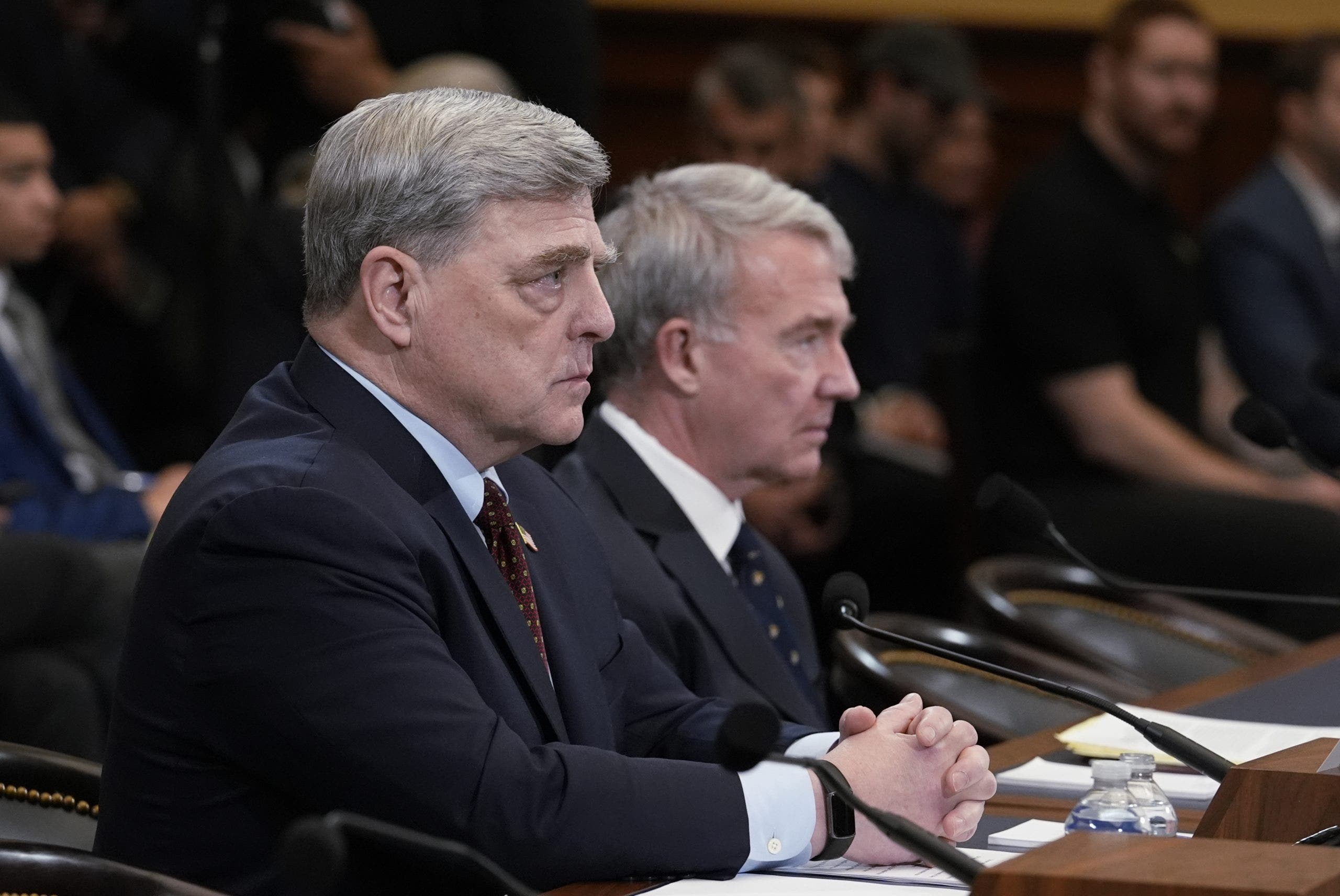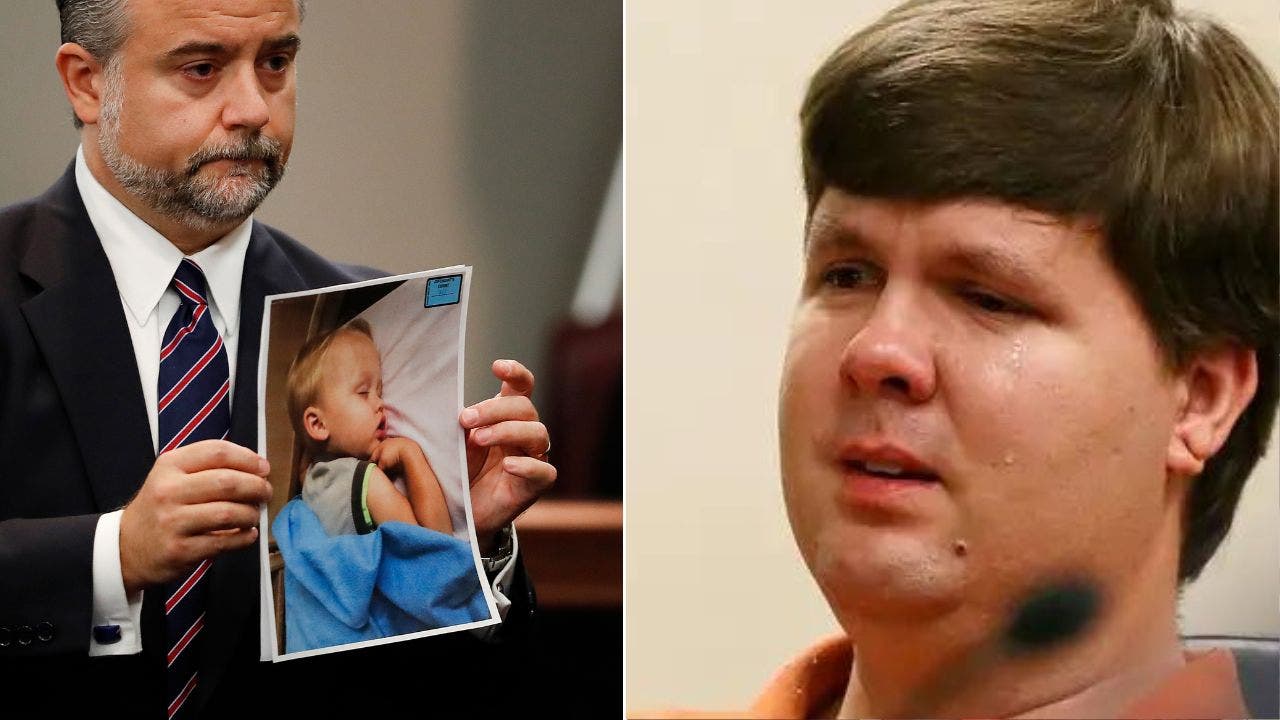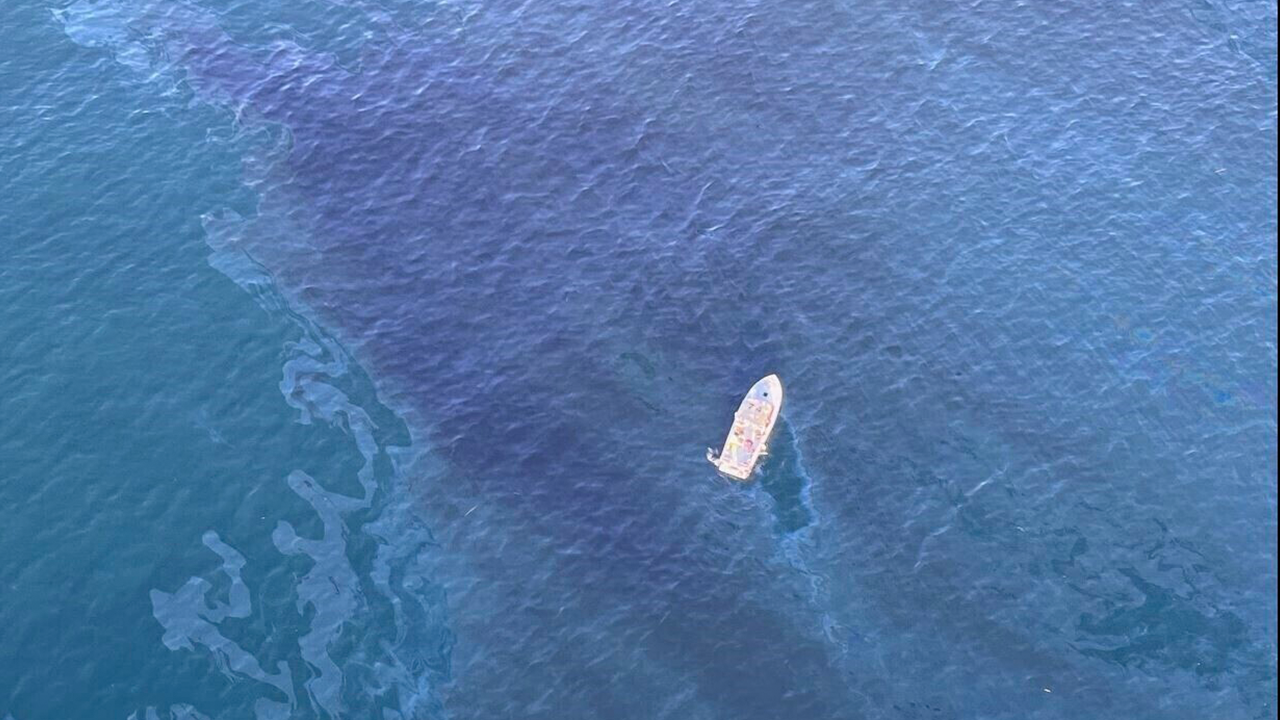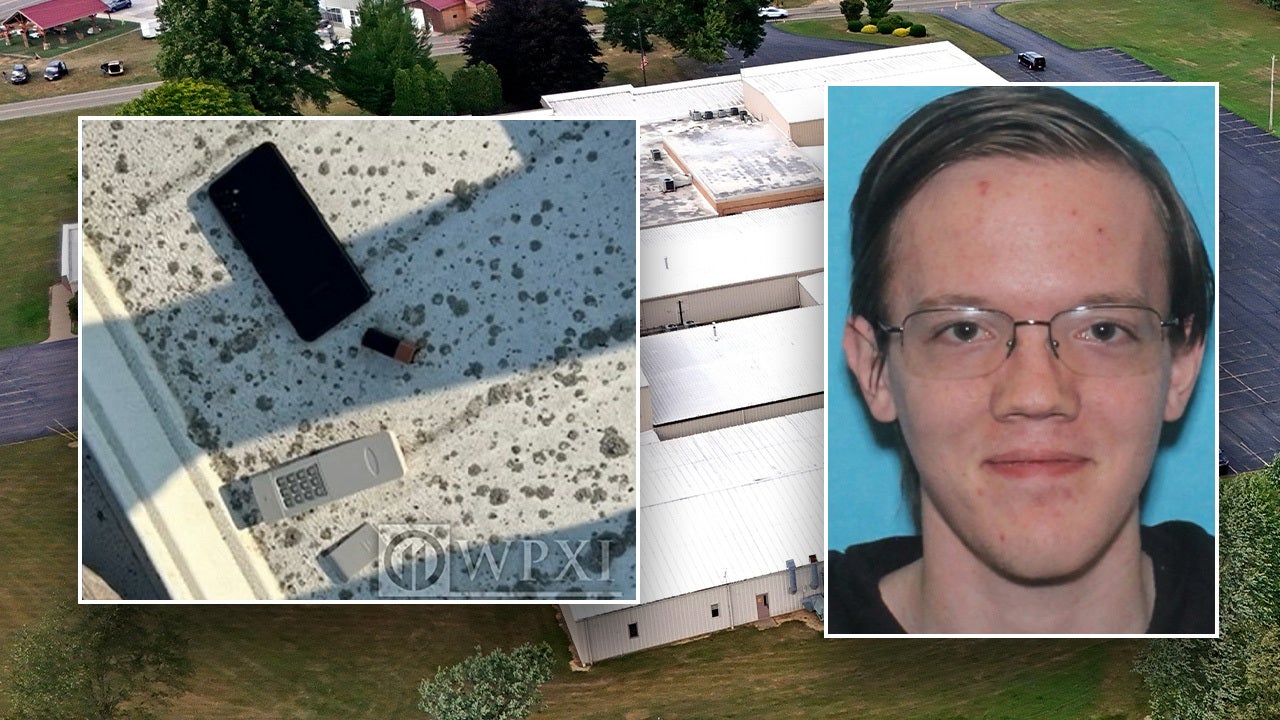Former U.S. Central Command Commander Gen. Kenneth McKenzie (Ret.) argued that the decision to authorize a non-combatant evacuation during the final days of the U.S. war in Afghanistan came too late during testimony in front of the House Foreign Affairs Committee on Tuesday.
McKenzie, who was in command of all U.S. forces in Afghanistan in the war’s final days noted that the military had warned leaders and the Biden administration about any dangers related to the pace of the withdrawal, with the former general telling lawmakers that he had expressed such concerns to the State Department over a month before the chaotic evacuation of Kabul’s airport.
Of particular concern to McKenzie was that the State Department, which was responsible for coordinating the evacuation of U.S. citizens and some Afghan allies, was behind the pace of the Defense Department, which was overseeing the withdrawal of U.S. troops and equipment from the country.
GOLD STAR FATHER STEVE NIKOUI SAYS CHARGES FOR SHOUTING DURING BIDEN SOTU HAVEN’T BEEN DROPPED
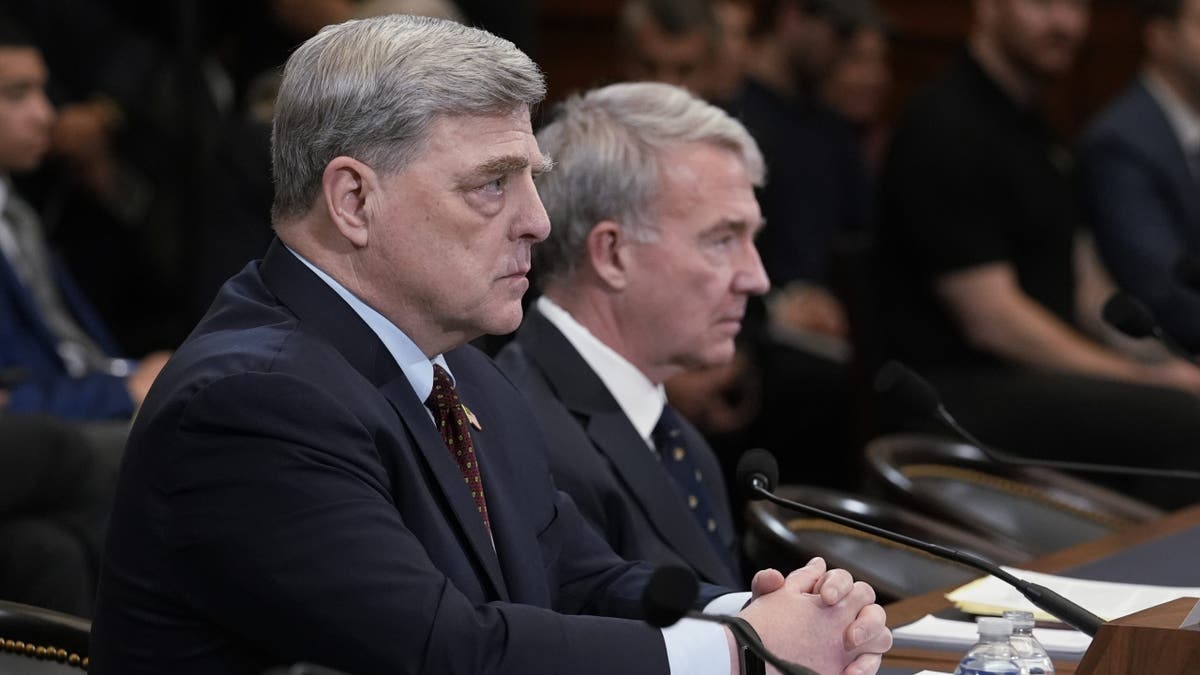
Retired Gen. Mark Milley, left, the former chairman of the Joint Chiefs of Staff, left, and retired Gen. Kenneth McKenzie, former commander of the U.S. Central Command, speak to the House Foreign Affairs Committee about the U.S. withdrawal from Afghanistan, at the Capitol in Washington, Tuesday, March 19, 2024. (AP Photo/J. Scott Applewhite)
The faster pace of the military withdrawal from the country could present problems, McKenzie recounted, noting that the U.S. would no longer be able to provide security for a State Department evacuation or help prevent a swift Taliban takeover of the country. The former commander noted he presented plans for how to better coordinate the operation, but that decisions to act on such concerns happened “far too late” in the withdrawal process.
“Having a plan is one thing. Preparing the plan, vetting the plan, coordinating the plan with the people that are going to actually carry you out, the Department of Defense, that’s another set of tasks completely,” McKenzie said.
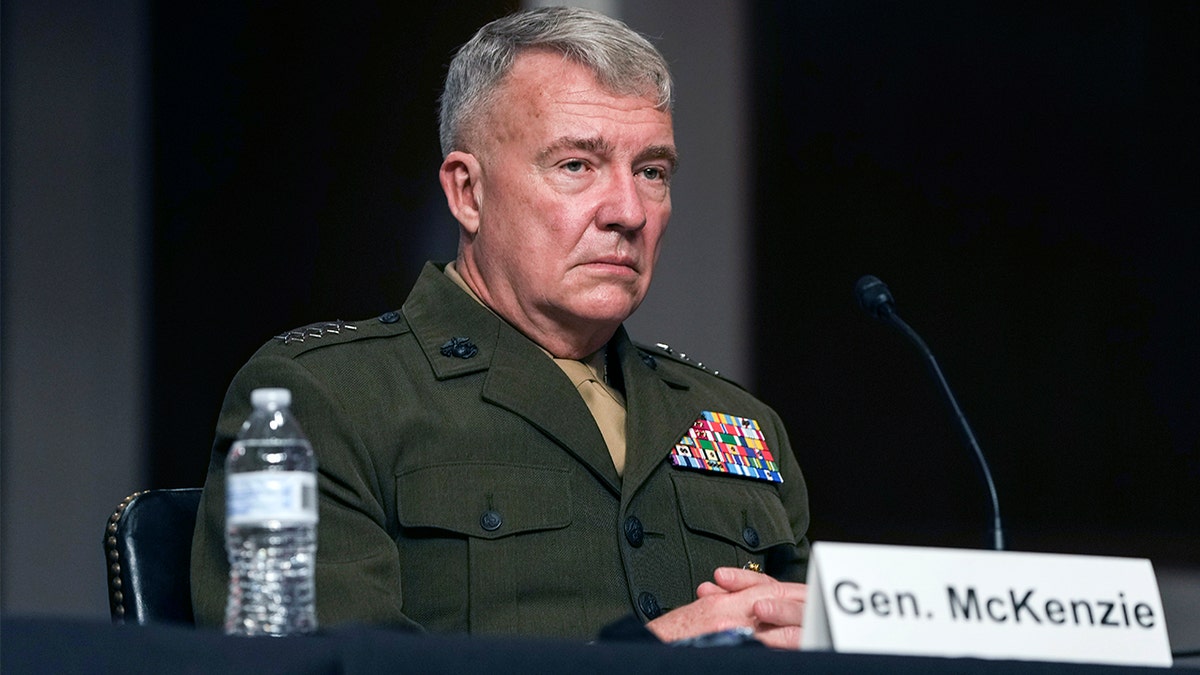
Gen. Kenneth McKenzie, commander of the United States Central Command, listens during a Senate Armed Services Committee hearing on the conclusion of military operations in Afghanistan and plans for future counterterrorism operations, Tuesday, Sept. 28, 2021, on Capitol Hill in Washington. (Sarahbeth Maney/The New York Times via AP, Pool) (Sarahbeth Maney/The New York Times via AP, Pool)
President Biden ordered the start of a non-combatant evacuation, or NEO, from Afghanistan on Aug. 14, which would ultimately become the largest such operation ever carried out by the U.S. military. About 200,000 people were evacuated from the country with the help of a surge of U.S. forces to the Afghan capital, allowing for security at the airport as flights carried out people desperate to escape looming Taliban rule.
The White House did not immediately respond to a Fox News Digital request for comment.
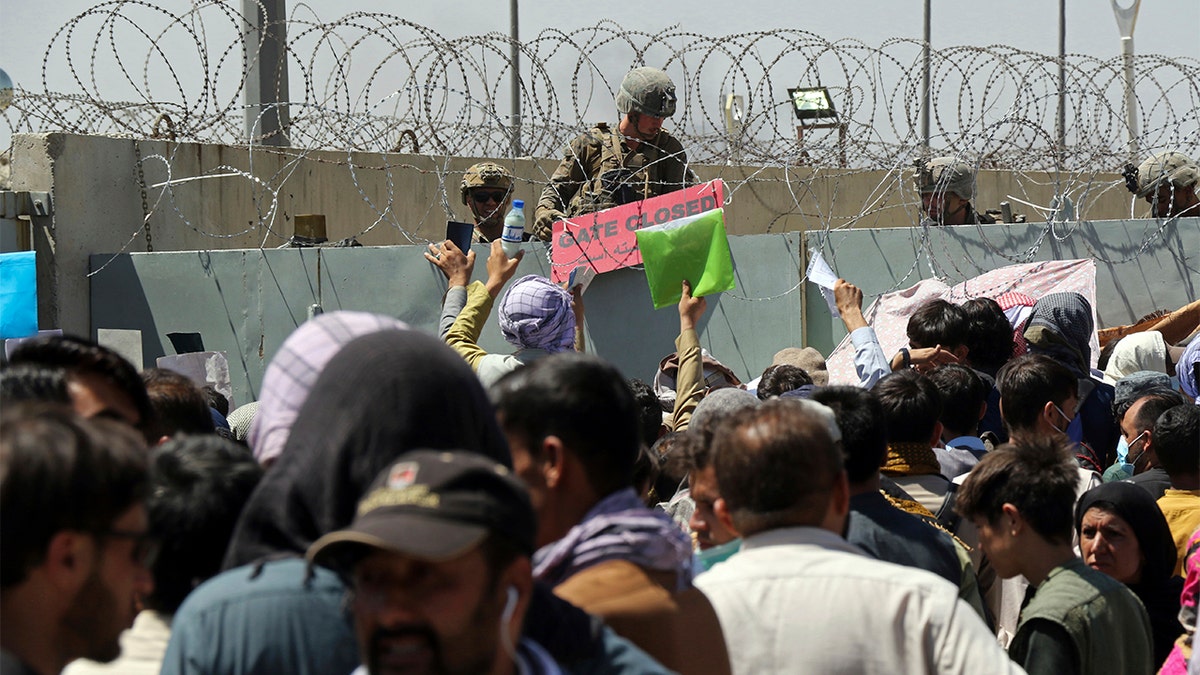
A U.S. soldier holds a sign indicating a gate is closed as hundreds of people gather some holding documents, near an evacuation control checkpoint on the perimeter of the Hamid Karzai International Airport, in Kabul, Afghanistan, Thursday, Aug. 26, 2021. (AP Photo/Wali Sabawoon)
MARK MILLEY AND FORMER CENTCOM COMMANDER TO FACE GRILLING IN CONGRESS OVER BIDEN’S AFGHANISTAN WITHDRAWAL
Former Joint Chiefs of Staff Chair Gen. Mark Milley (Ret.) agreed with McKenzie, arguing that the decision to authorize the NEO came “too late,” despite the military’s best effort and eventual success in carrying out the order.
But the success of the mission didn’t come without a cost, most notably after an Aug. 26 suicide bombing near the gates of the airport claimed the lives of 182 people and injured over 200 more. Among the dead were 13 U.S. service members, becoming the last of the over 2,000 casualties during America’s longest war.
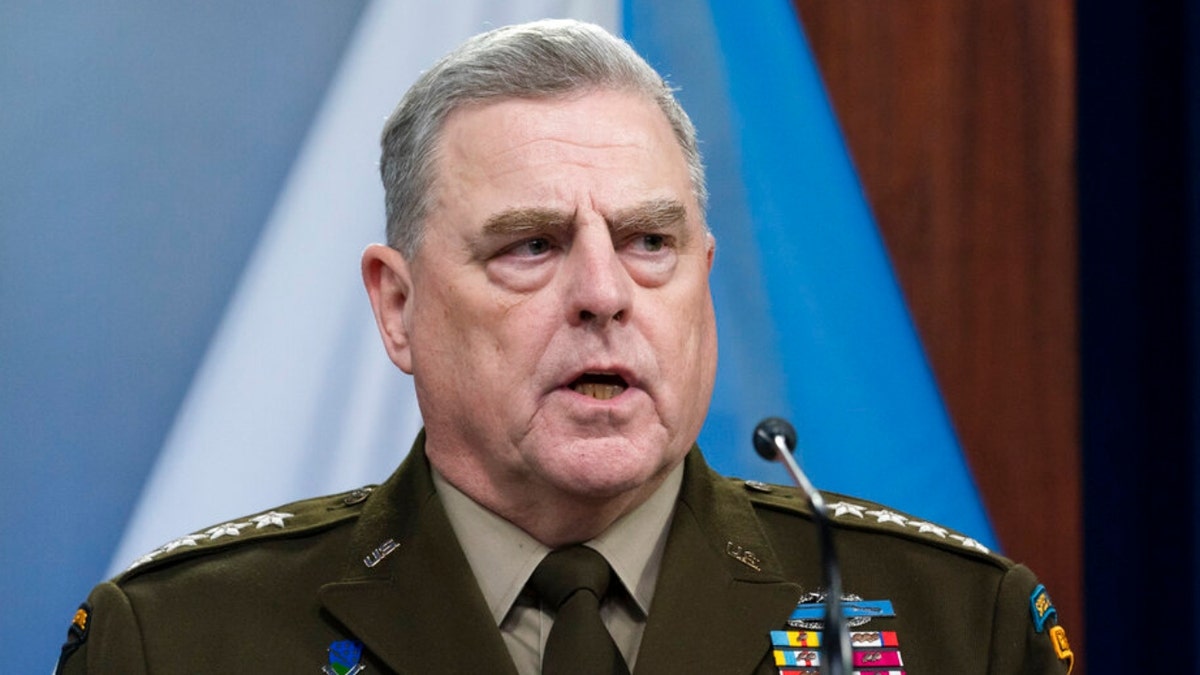
Joint Chiefs Chairman Gen. Mark Milley speaks with reporters after a virtual meeting of the Ukraine Defense Contact Group at the Pentagon, Monday, May 23, 2022, in Washington. (AP Photo/Alex Brandon)
Both McKenzie and Milley agreed that more could have been done in an effort to prevent the chaos of August, including the possibility of leaving behind roughly 2,500 troops to help facilitate a more diplomatic end to the conflict.
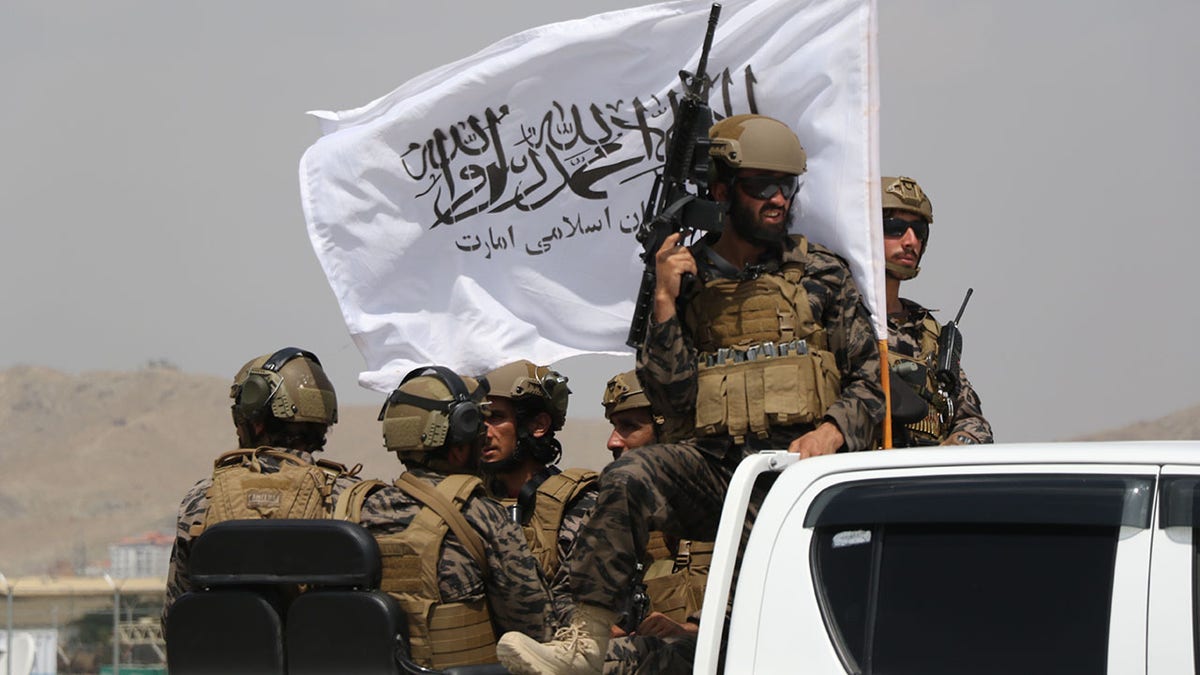
Taliban take control of Hamid Karzai International Airport after the completion of the U.S. withdrawal from Afghanistan, in Kabul, Afghanistan on August 31, 2021. (Wali Sabawoon/Anadolu Agency via Getty Images)
CLICK HERE TO GET THE FOX NEWS APP
“I believe that the Afghan government, the Afghan security forces, would not collapse in Aug. of ’21 had we maintained that posture,” Milley told lawmakers. “Those were high-end special forces capable of defending themselves and conducting operations as they had been for a while. And I think my assessment there was probably moderate to significant risk on U.S. forces. But is worth that risk.”
